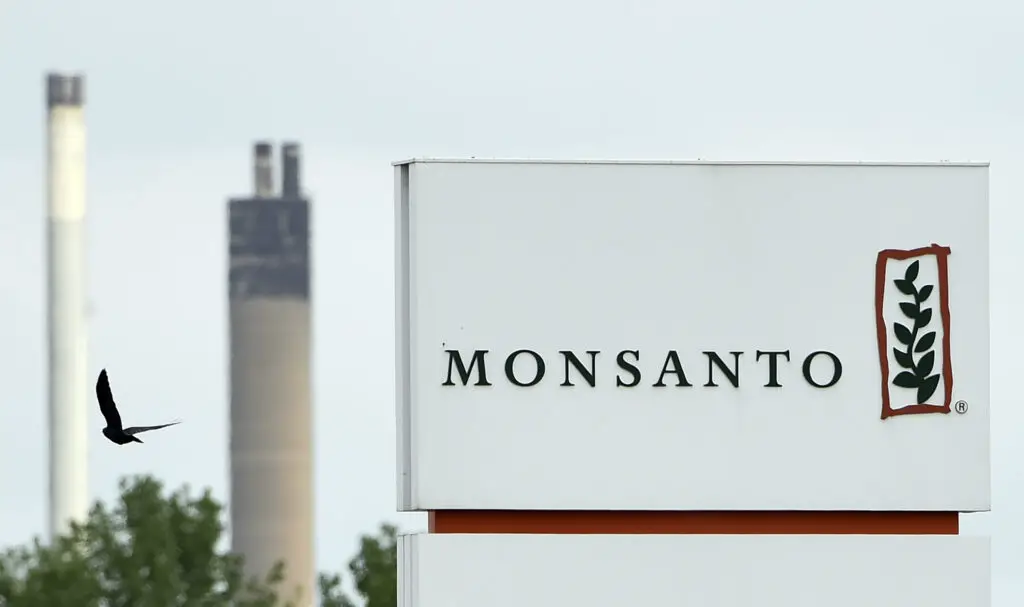Trending
- Rwanda joins African countries rolling out red carpet for Hollywood to boost tourism
- Thousands displaced as post-election violence rocks Mozambique
- A harsh start to 2025: Africa’s hunger crisis deepens for millions of children
- Uganda and Tanzania erupt in protests over $10Bn oil pipeline deal
- AIM Investment Awards 2025: Recognizing trailblazers in attracting FDIs
- Tanzania’s wildlife corridors: Protecting biodiversity through sustainable conservation
- East Africa Electric Highway lights up $200 million boost for Ethiopia
- Sustainable fisheries in Tanzania: Protecting marine life and coastal livelihoods
